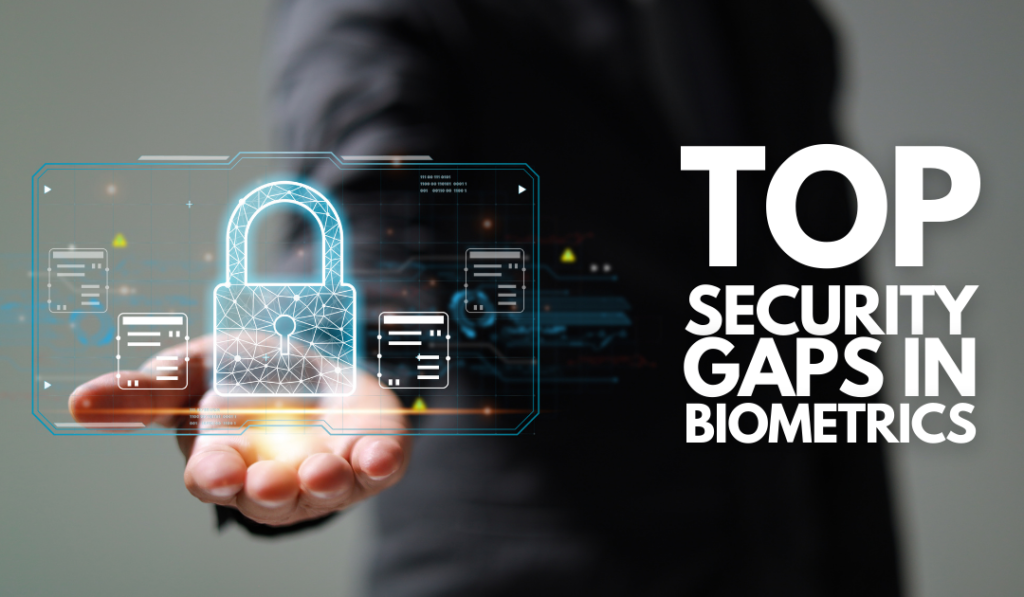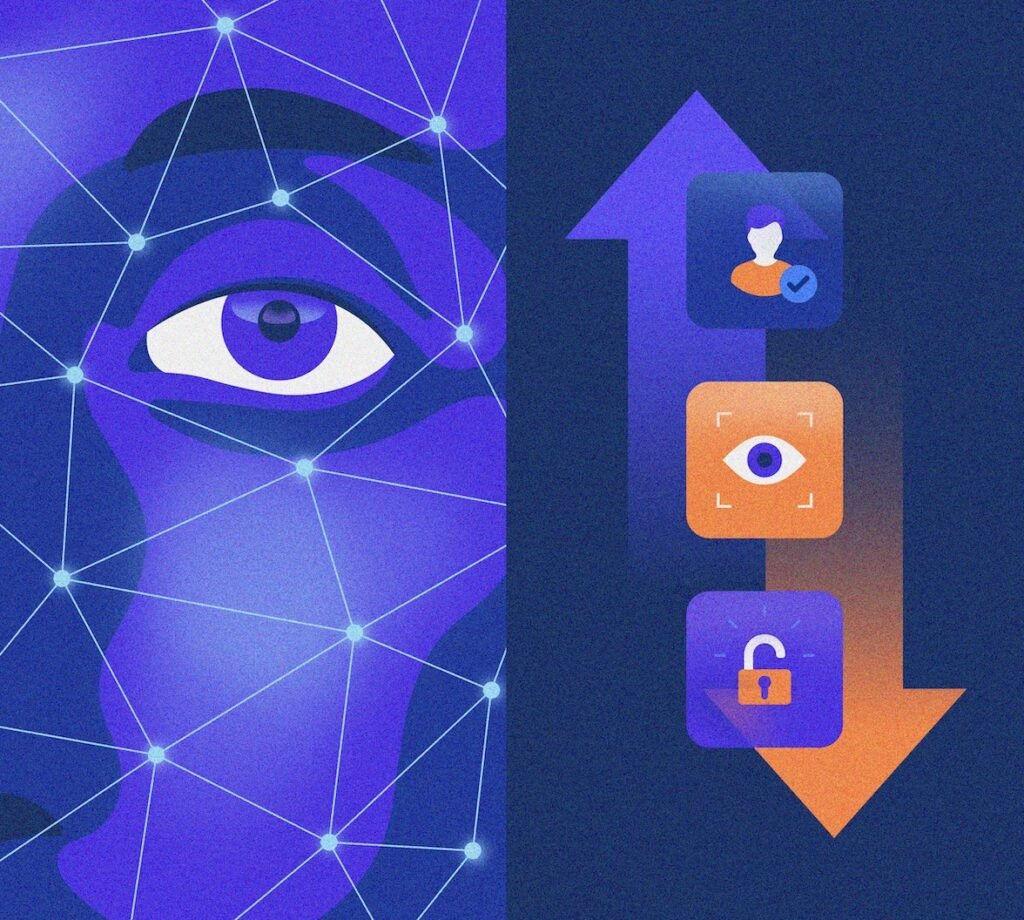Ensuring strong security measures is crucial in the linked world of today, when digital transactions and the sharing of personal data are frequent occurrences. Biometric security solutions are progressively replacing or supplementing traditional password-based authentication systems. Biometrics, which employ distinctive biological traits for identification, are a viable way to improve security in a number of industries. This article examines the development, uses, advantages, and difficulties of biometric security in preserving private data and preserving individual identities.
Recognizing Biometric Security
Biometric security uses an individual’s biological or behavioral attributes to authenticate and validate their identity. Fingerprints, facial features, iris patterns, voiceprints, and even behavioral qualities like typing patterns or gait recognition can be examples of these characteristics. Biometric identifiers, in contrast to passwords or PINs, are intrinsically unique to each individual and challenging to duplicate or falsify. Passwords and PINs can be forgotten, stolen, or guessable.
Utilizations in All Sectors
In a number of sectors, including consumer electronics, government, healthcare, and finance, biometric authentication is becoming more and more common. Biometric systems, for example, are used in financial institutions to authorize access to sensitive financial data and safeguard online banking transactions. Biometrics safeguard private medical data and provide safe access to patient records in the healthcare industry. Biometrics is used by government organizations to improve security and identity verification for border control, law enforcement, and national identification initiatives.
Additionally, biometric technologies have been incorporated by consumer electronics into gadgets like computers and smartphones, where fingerprints, face recognition, or iris scanning are used in place of conventional passwords to unlock devices and authorize payments. By including an extra layer of authentication, these systems greatly strengthen security while simultaneously improving user comfort.

Benefits of Biometric Security
Using biometric security has a number of clear benefits over using conventional authentication techniques.
Enhanced Security: Compared to passwords or PINs, biometric identifiers are much less likely to be hacked because they are distinct and challenging to duplicate.
Convenience: By eliminating the need for users to keep track of or manage numerous passwords, the authentication process is made simpler and the user experience is enhanced.
Accuracy: Biometric systems minimize false positives and false negatives by providing extremely accurate identification and authentication results.
Fraud Prevention: Unlike passwords, biometric data is difficult to steal, share, or forget, which lowers the risk of identity theft and fraud.
Operational Efficiency: Biometric solutions in business settings improve operational efficiency and accountability by streamlining attendance tracking and access control.

Difficulties and recommendations
Although biometric security has many advantages, there are a few issues and things to keep in mind:
Privacy Issues: Because biometric data is sensitive and personally identifiable, collecting and storing it raises privacy issues. To defend people’s right to privacy, strong data protection policies and adherence to laws like the GDPR are crucial.
Accuracy and Reliability: In some situations, such as dim illumination for facial recognition or differences in fingerprint quality, biometric systems may have trouble accurately identifying a person. The goal of ongoing technological developments is to increase dependability and accuracy.
Complexity of Integration: Integrating biometric systems can be expensive and difficult. It must be compatible with a variety of apps and devices and integrated with the current infrastructure.
Security Risks: Biometric systems are vulnerable to cyberattacks and vulnerabilities just like any other technology. To preserve trust and integrity, biometric data must be shielded against hacking attempts and illegal access.
Towards the Future
With continuous developments in artificial intelligence, machine learning algorithms, and biometric sensor technology, the future of biometric security seems bright. These developments are meant to improve security efficacy, accuracy, and usability in a range of applications. Furthermore, the usage of biometric solutions in digital payments, healthcare, and remote access scenarios has accelerated due to the growing trend towards contactless and frictionless authentication techniques in response to the COVID-19 pandemic.
Stakeholders in biometric security must work together to handle new issues, respect moral principles, and guarantee equitable access while preserving strong defenses against changing cyberthreats. In an increasingly digital and linked world, enterprises may fortify their defenses, safeguard sensitive data, and boost user trust by creatively and safely utilizing biometric technologies.
In summary, biometric security is a major development in authentication technology that provides a strong defense against identity theft, operational efficiency, and personal data protection. Notwithstanding certain difficulties, biometrics’ advantages in terms of increased security, usability, and precision highlight how crucial a role it will play in determining the direction of digital identity management and cybersecurity procedures throughout the world.
